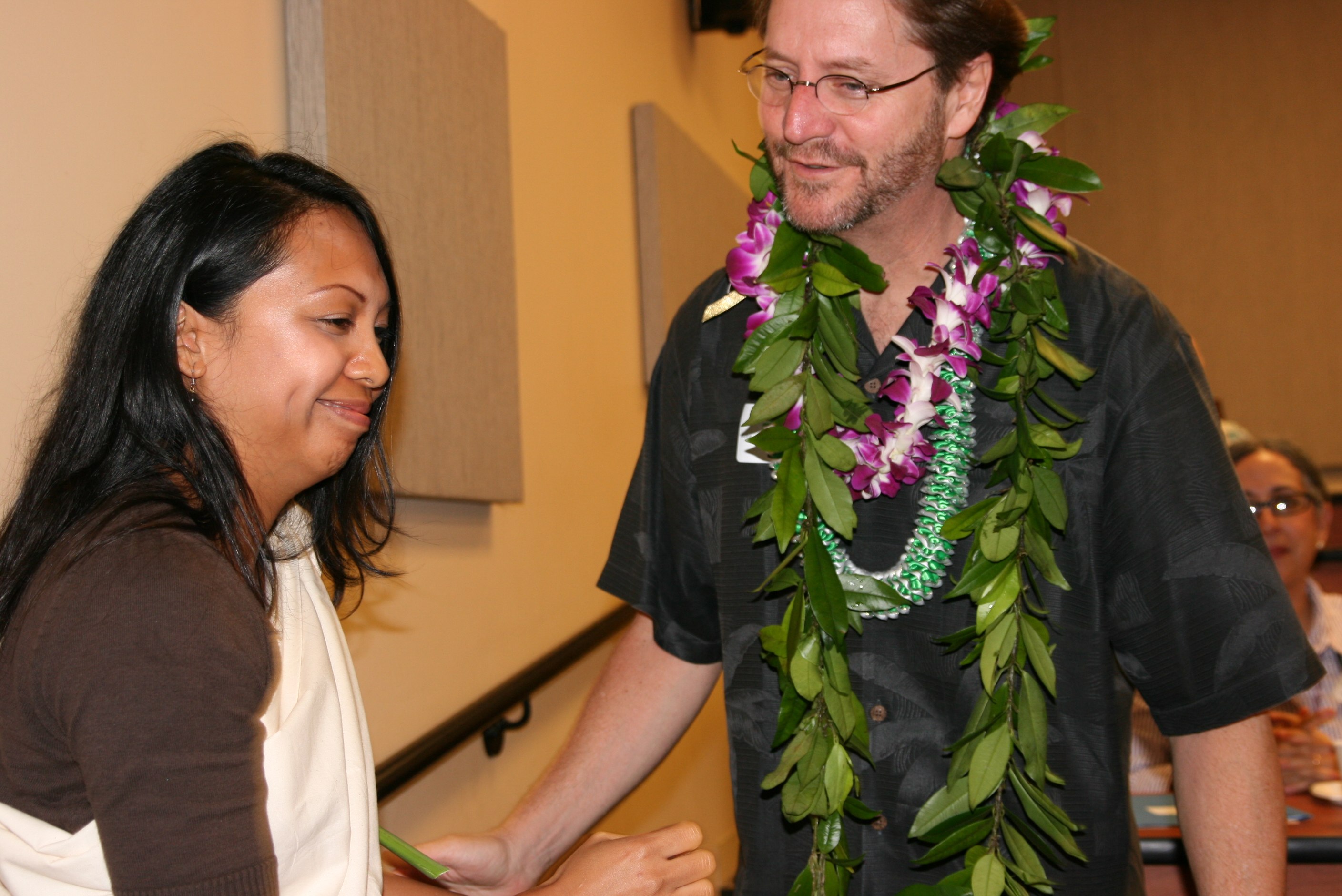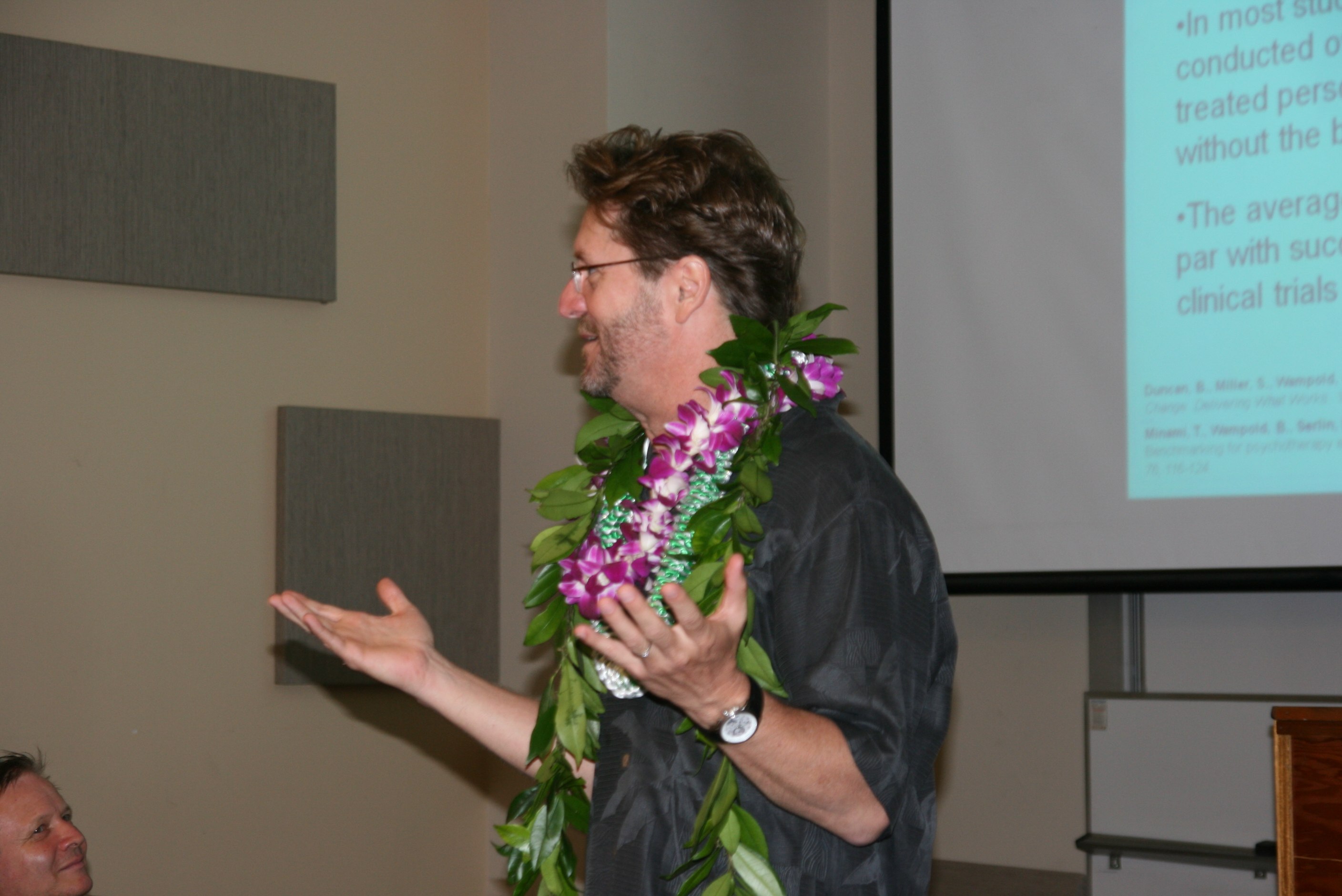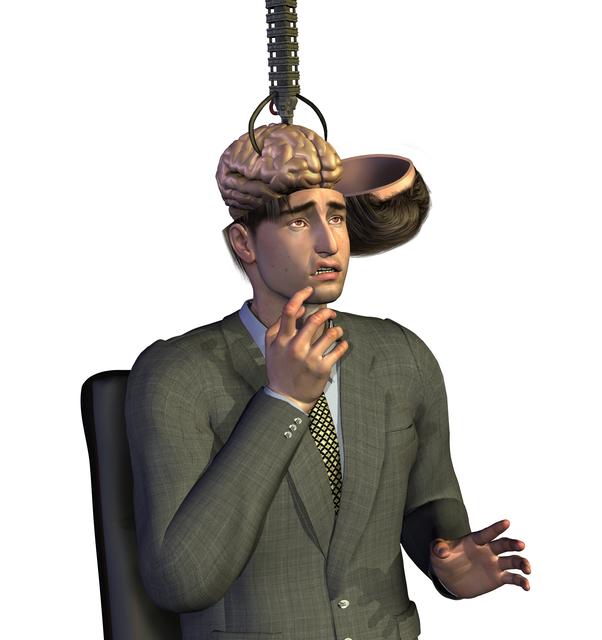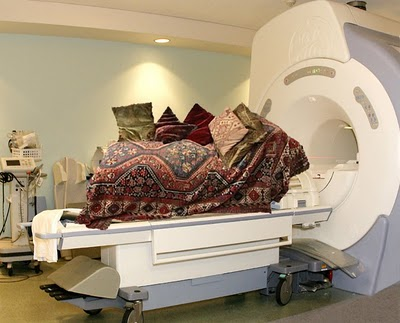 Three short weeks ago, I was in Stockholm, Sweden talking about “what works” in clinical practice. As I announced at the time, my visit coincided with an announcement by the organization governing mental health practice in the country. For the better part of a decade, CBT enjoyed near exclusive status as “evidence-based.” Indeed, payment for training of clinicians and treatment of clients in other approaches disappeared as over two billion Swedish crowns were spent on in CBT.
Three short weeks ago, I was in Stockholm, Sweden talking about “what works” in clinical practice. As I announced at the time, my visit coincided with an announcement by the organization governing mental health practice in the country. For the better part of a decade, CBT enjoyed near exclusive status as “evidence-based.” Indeed, payment for training of clinicians and treatment of clients in other approaches disappeared as over two billion Swedish crowns were spent on in CBT.
The result? The widespread adoption of the method had no effect whatsoever on the outcome of people disabled by depression and anxiety. The conclusion? Guidelines for clinical practice were reviewed and expanded. Research on feedback is in full swing in the largest randomized clinical trial on FIT in history.
More news…
Today, I received notice from Swedish clinician and publisher, Bengt Weine, that my article, “The Road to Mastery” (written together with my long friend and collaborator, Mark A. Hubble, Ph.D.), had been translated into Swedish and accepted for publication in SFT, the Swedish Family Therapy journal. If you understand the language, click here to access a copy.
Helping clinicians and agencies along the “road to mastery” is what the upcoming Advanced Intensive and Training of Trainers events are all about. Join colleagues from around the globe for these fun, intense days of training in Chicago.





